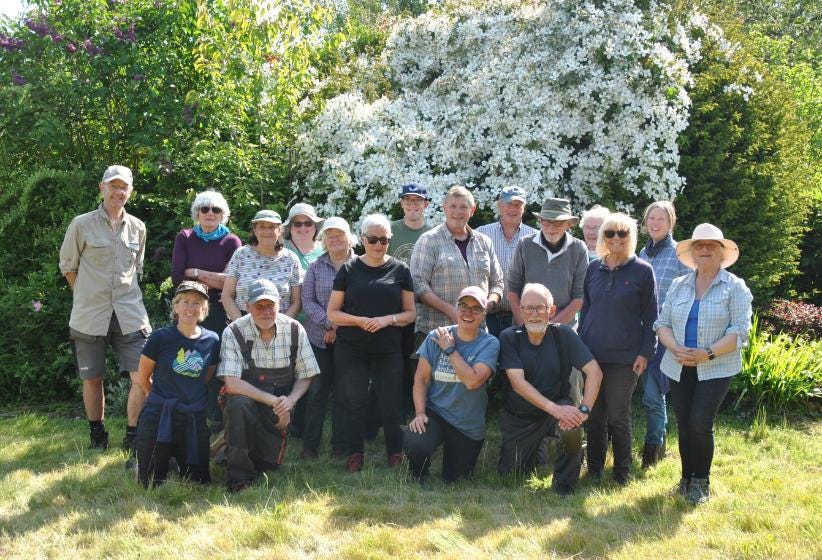Community digs into Hexham’s roots
Garden pits project will probe questions on how a town evolved. Tony Henderson reports
This weekend sees much enthusiastic digging in gardens in a Northumberland town – but it will be the past and not plants which will be the centre of attention.
Today and tomorrow (July 19-20), volunteers with Community Archaeology North will be excavating small test pits in an initial five gardens in Hexham at the start of a project which aims to plot how the town developed.
The not-for-profit community interest company allows volunteers to experience and learn about archaeology, with projects also involving working with local history and community groups and schools.
The CIC is run by professional archaeologists Dr Jane Harrison, Sarah Miles and Kathryn Murphy.
Although the history of Hexham Abbey is well documented and there has been a church on the site for over 1,300 years, little is known about how the town evolved.
The aim of the test pits is to reveal finds which will provide clues about activities in the past at locations across the town.
The one-metre square excavations, dug and neatly refilled and re-turfed over two days, are a means of studying the history of built-up areas.
Test pit digging can reveal types of occupation on a site, such as whether they were living or working spaces.
“The information gathered from test pits dug across a town such as Hexham can be combined to provide a picture of the development of the town during different periods in history. Often this information cannot be discovered in any other way,” said Jane Harrison.
“More than 30 households have volunteered to host test pits. It is exciting to see such a wonderful response and we have been delighted with the enthusiasm shown for our community project idea.
“This is a way of bringing archaeology to people without financial barriers, age, or educational background and to provide something for everyone.”
There will be another run of test pit digging on September 13–14. Those interested in visiting this weekend’s garden sites, contact www.cancic.com
Two test pit weekends have also been carried out at Longframlington, working with the village local history society.
“In conjunction with documentary research, pottery and other finds from the test pits will help us to uncover the origins and patterns of settlement in the village,” said Sarah Miles.
“The project has had enthusiastic support from villagers of all ages, both as excavation and finds sorting volunteers and those offering their gardens for test pits.”




